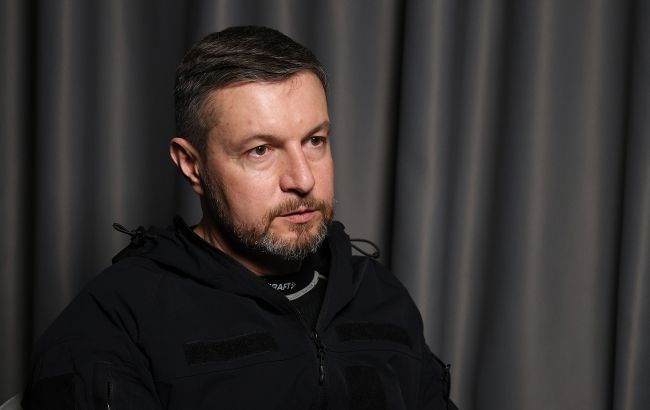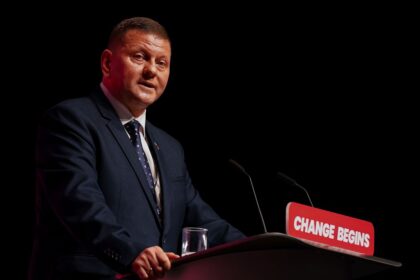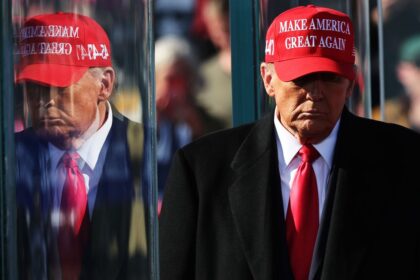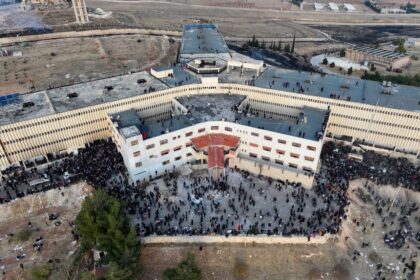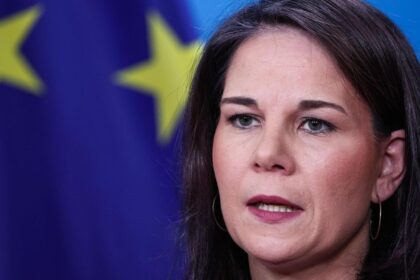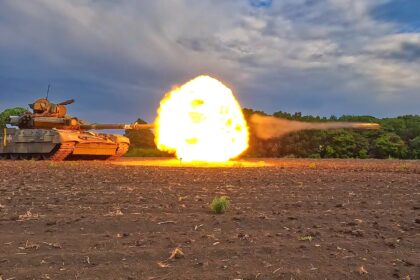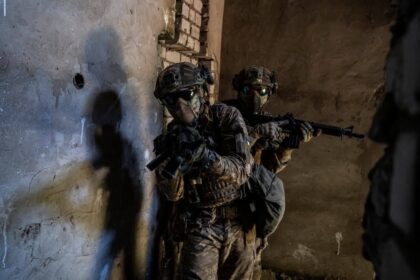**Russia’s Nuclear Ghost: How Moscow Manipulated the West to Halt Ukraine’s 2022 Momentum**
In a shocking revelation, former Ukrainian intelligence chief Illia Pavlenko has exposed how Russia orchestrated a nuclear deception machine that effectively delayed and constrained the Western response in 2022. By planting nuclear nightmares through captured Western agents, Russia created a theatrical operation that made its leaders believe Moscow was contemplating the use of nuclear weapons.
The mechanics of this operation are stunning in their simplicity yet sinister in their intent. Russian special services compromise Western agents, feed them documents suggesting nuclear preparations, and then report back to their intelligence services. This information is corroborated through official channels, leading military aid decisions to be adjusted based on fears of nuclear escalation. When leaders like President Biden receive these warnings, they are prompted to take drastic action.
**The Theater Unfolds**
Pavlenko revealed in an interview with RBC-Ukraine that Russian intelligence identifies and exploits Western agents already under surveillance. They then feed them precisely what Washington needs to see. For example, they expose a compromised agent and use him to transmit documents or data needed by the Russians. When materials land on a leader’s desk, like Biden’s in October 2022, they prompt stark warnings.
The documents suggested a tactical nuclear strike “somewhere in the Black Sea” to cause panic and destabilize Europe. Western agents sought verification, but Russian intelligence reinforced the threat with choreographed precision. The agent was tasked with clarifying where, when, and how the strike could take place, further escalating tensions.
**A Costly Deception**
The consequences of this deception were severe. Ukraine’s 2022 momentum was halted as Western weapon deliveries froze. Systems repeatedly delayed after Kharkiv included Leopard 2 tanks, Patriot missiles, ATACMS, and F-16s. The Institute for the Study of War assessed that these delays gave Russia time and space to stabilize its lines and put pressure on Ukraine.
Western leaders like Chancellor Scholz played into Russian hands by relying on polls showing the German population was against increasing military aid to Ukraine. This reluctance allowed Moscow’s nuclear blackmail to endure as its most powerful weapon, while Ukraine paid the price of believing promises of security guarantees.
**A Cultural Influence**
Pavlenko traces modern influence operations to their most successful precedent: the Cambridge Five spy ring. British intelligence officers recruited as left-wing students fed NATO secrets to Moscow. Today’s version is more complex, using cultural centers, propaganda, and bot farms to shape public opinion. This groundwork enables nuclear theater to work by throwing narratives that Russia needs into the masses.
**A Lasting Legacy**
Russia’s nuclear threats suffer from obvious credibility problems, but their effectiveness lies in the extreme reluctance of many in the West to test Moscow’s resolve. Ukraine still pleads for German Taurus missiles and long-range strikes on Russia are banned. Despite being called out, nuclear blackmail endures as Moscow’s most powerful weapon.
As Pavlenko puts it, “The case of Chancellor Scholz shows that politicians cannot ignore societal attitudes.” This is a lesson the West has yet to learn, leaving Ukraine to pay the price of believing promises of security guarantees.




